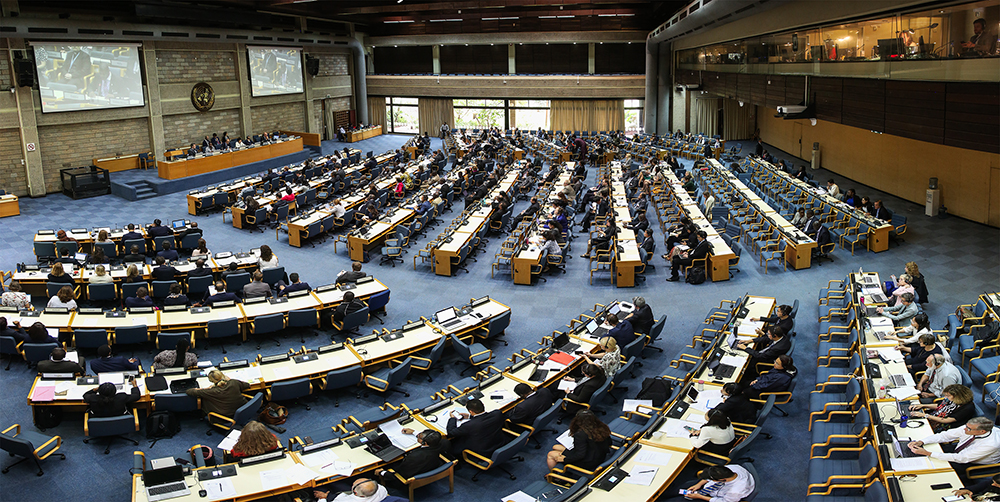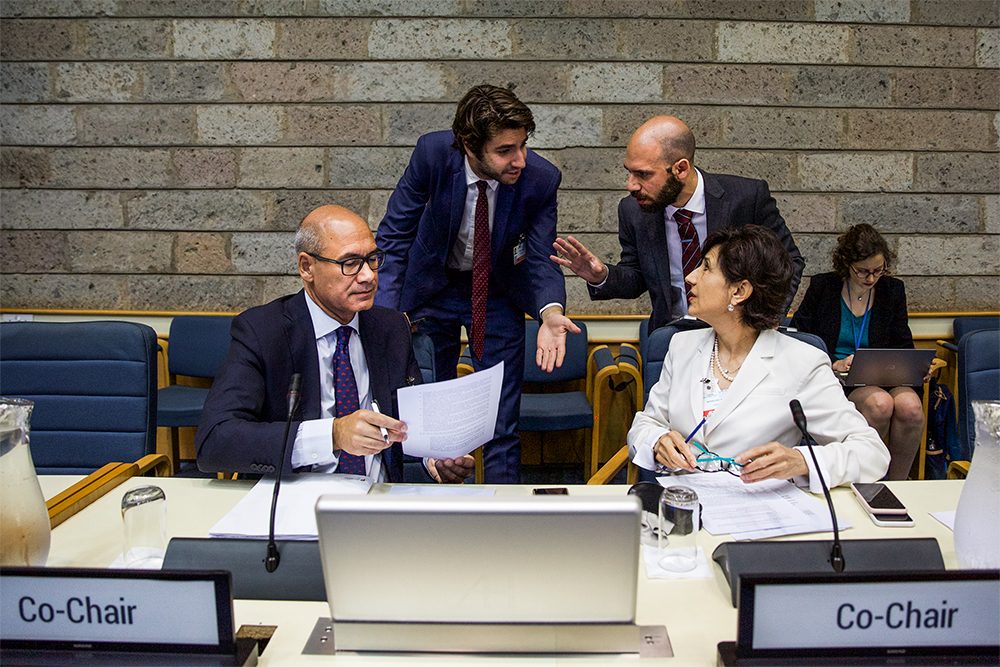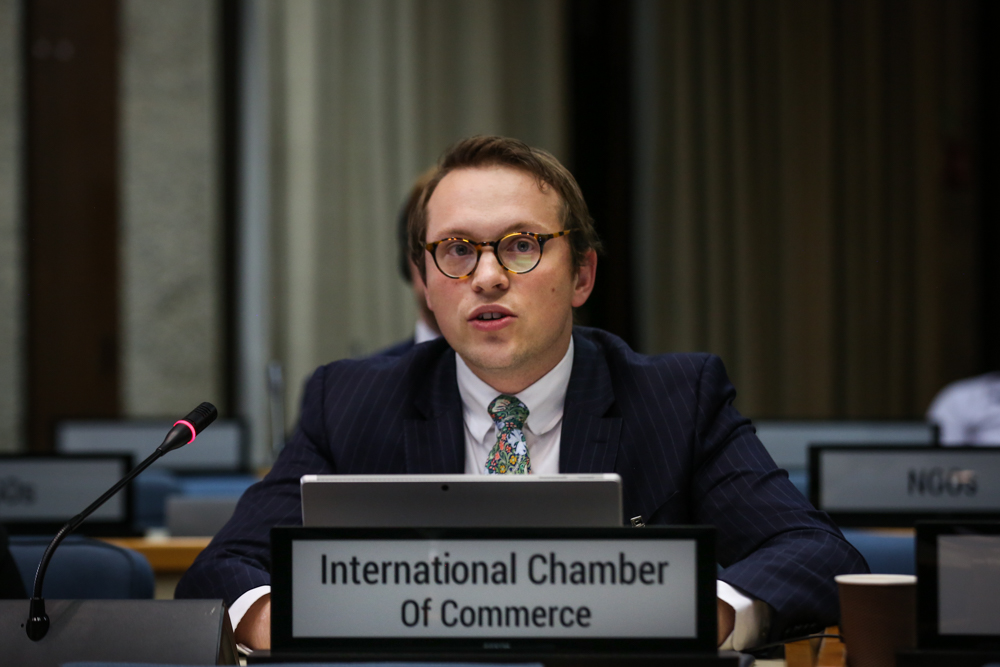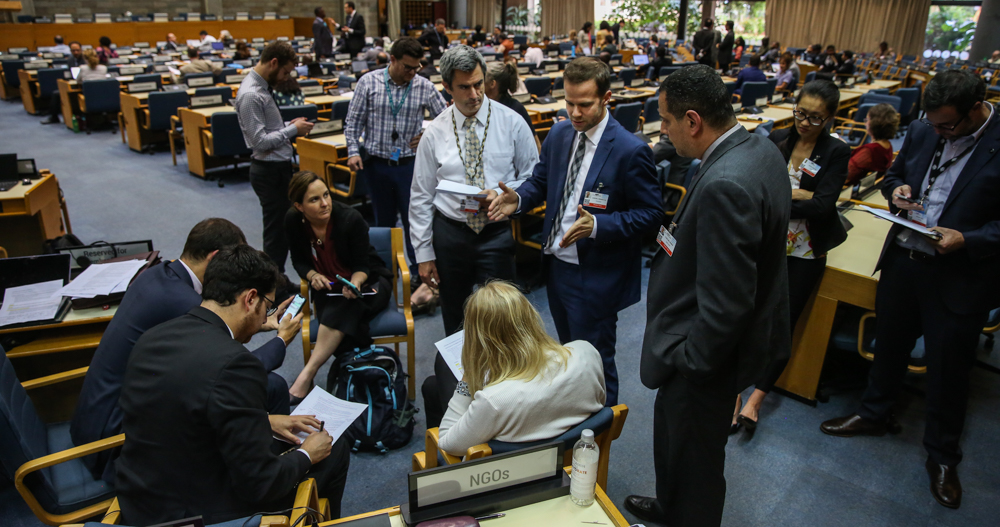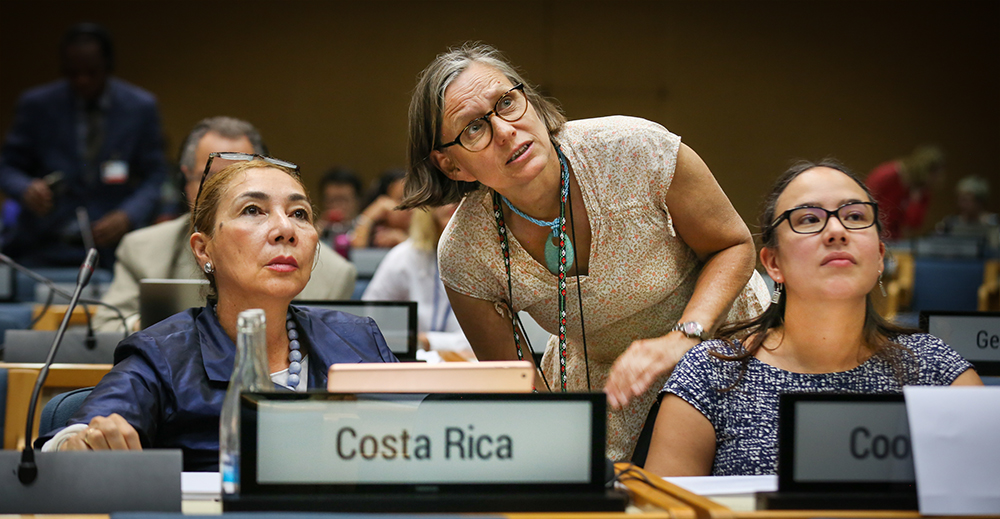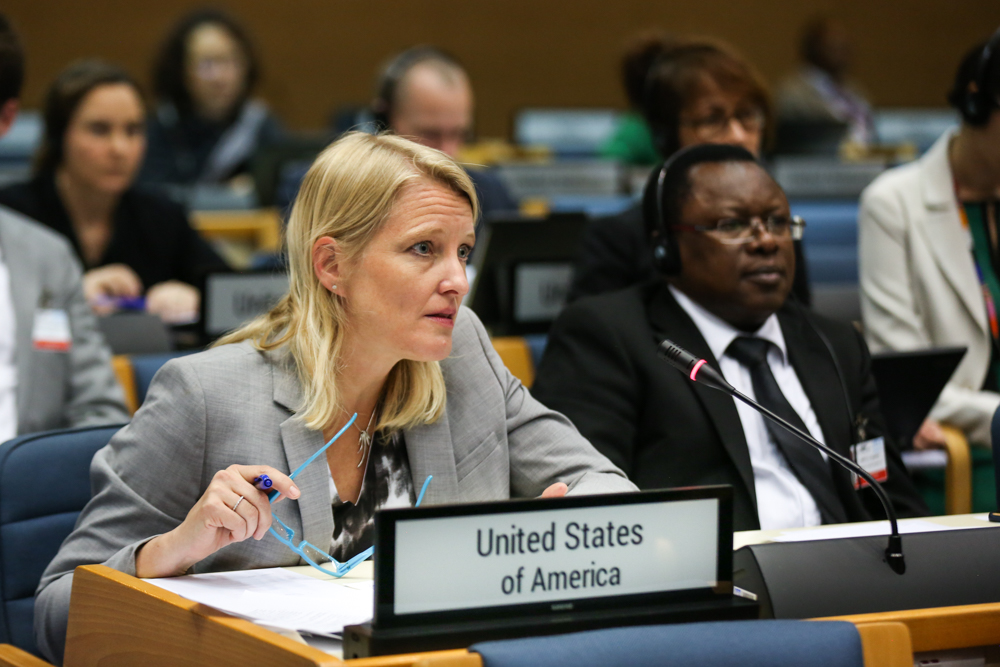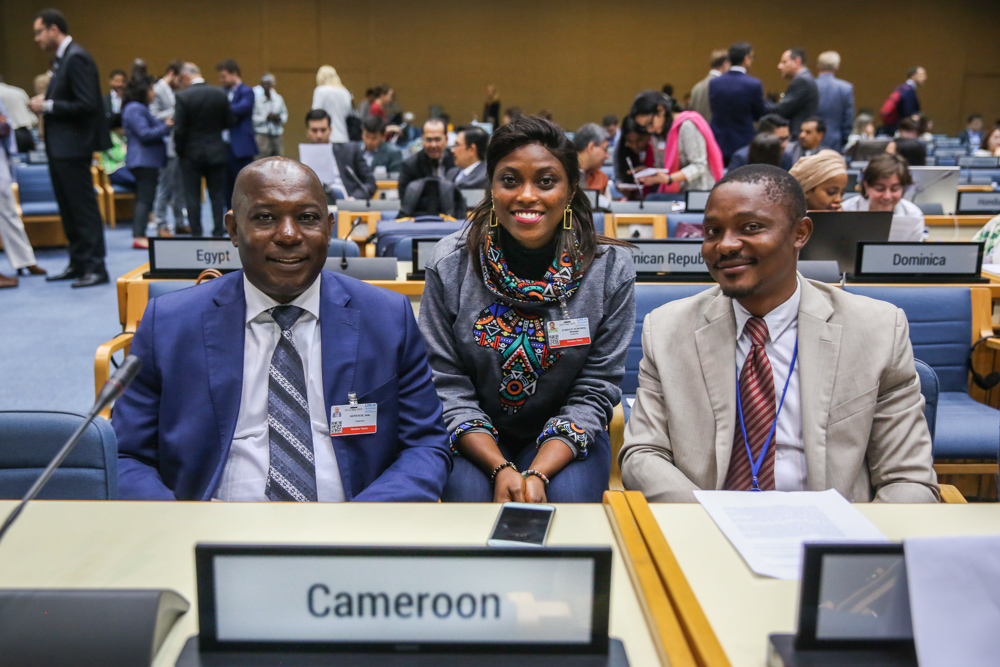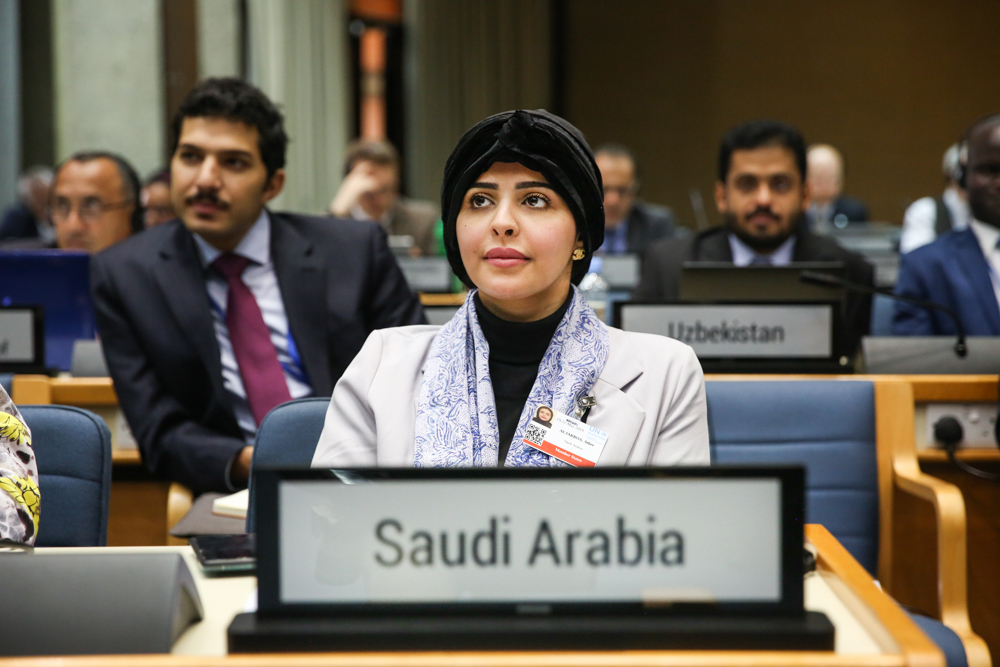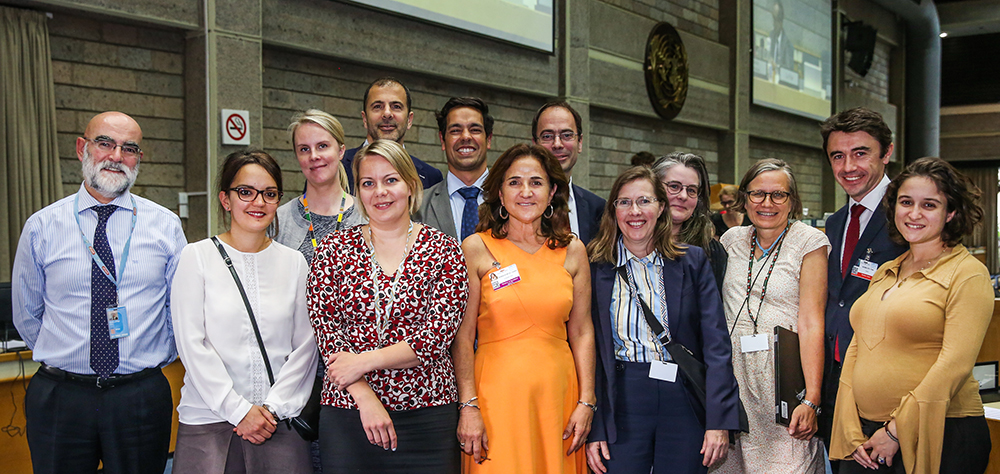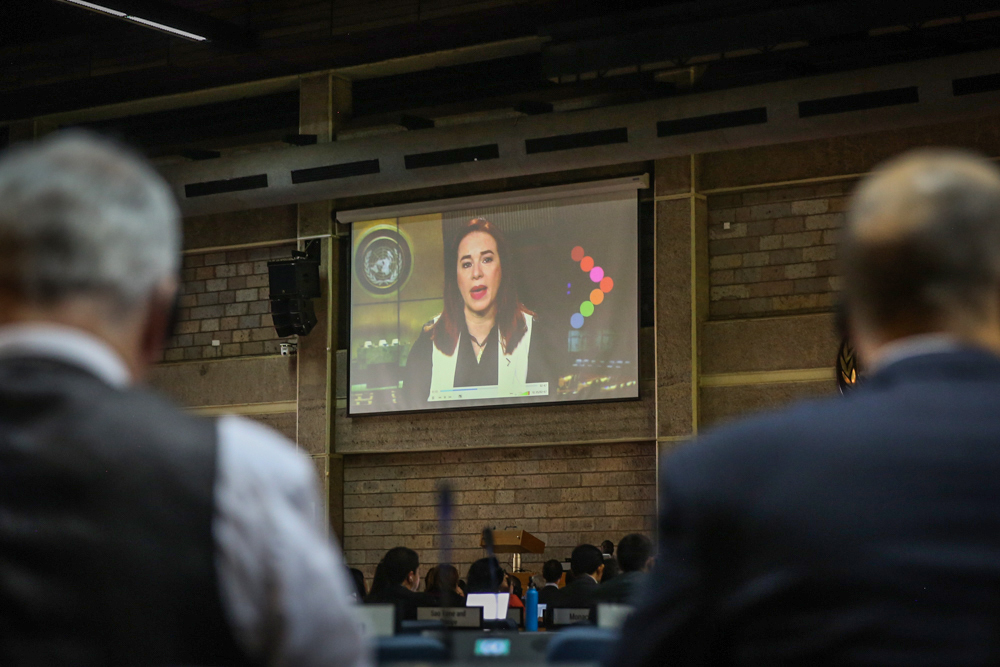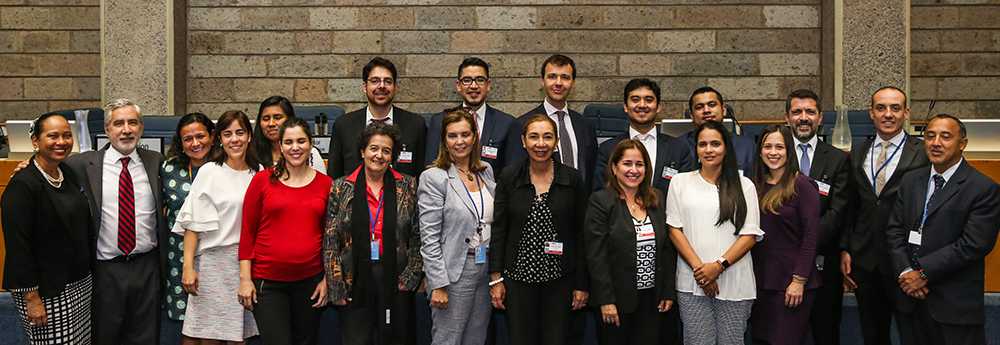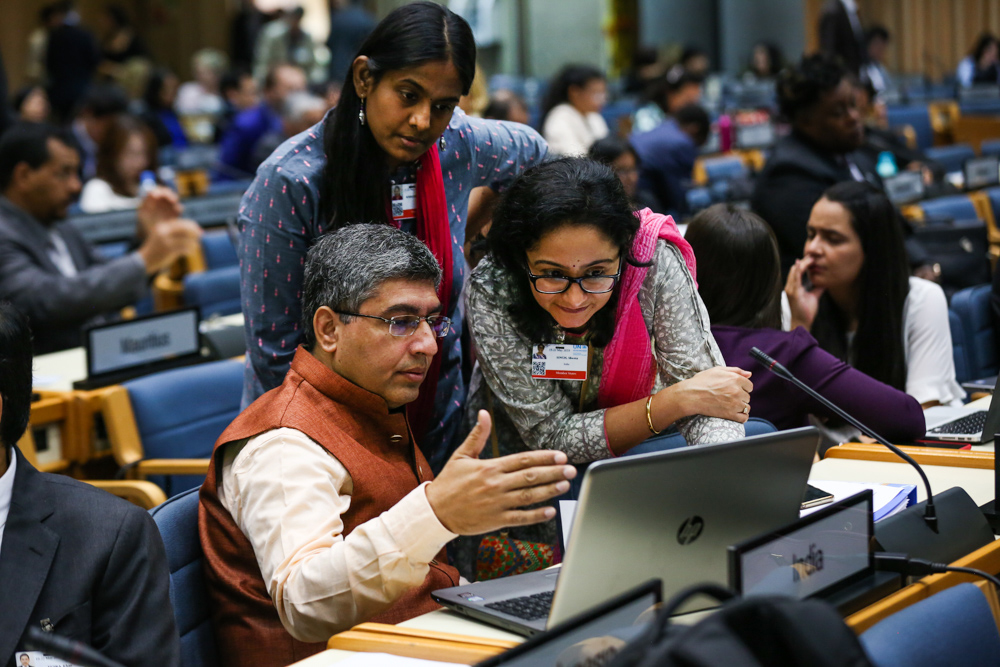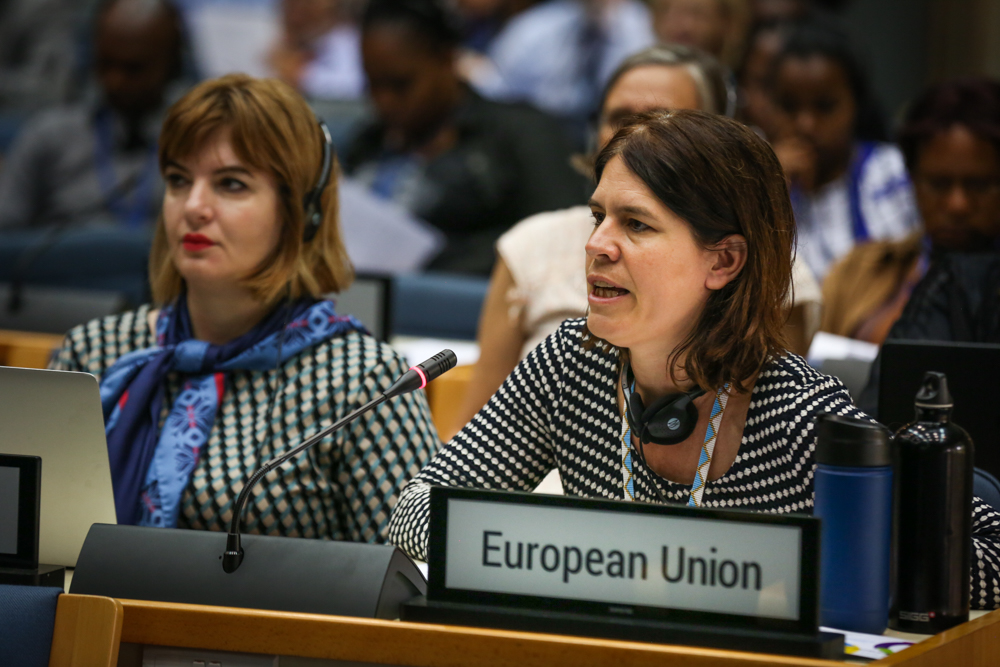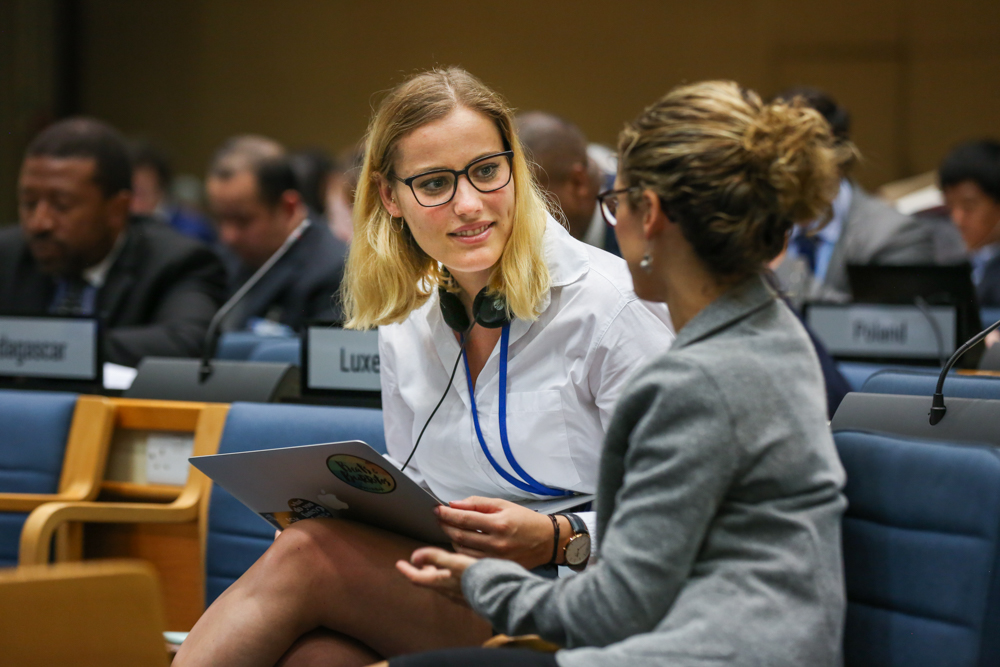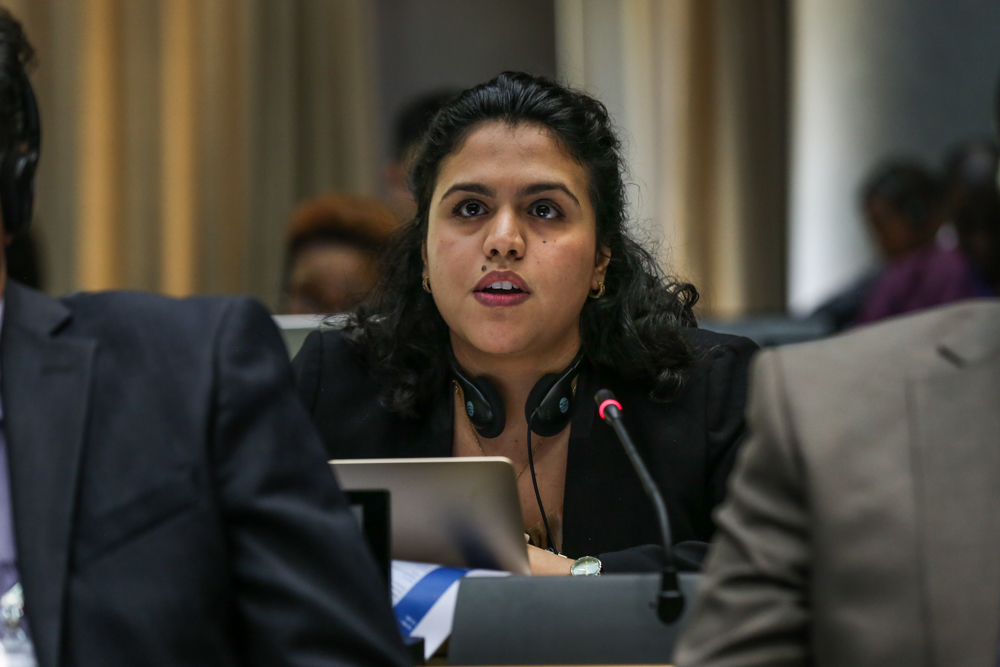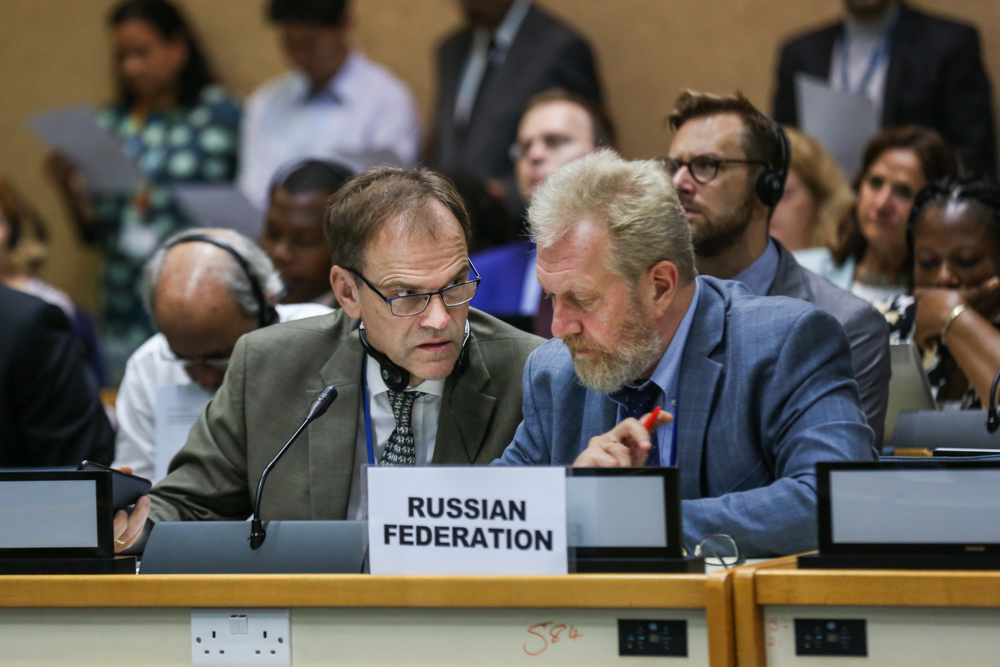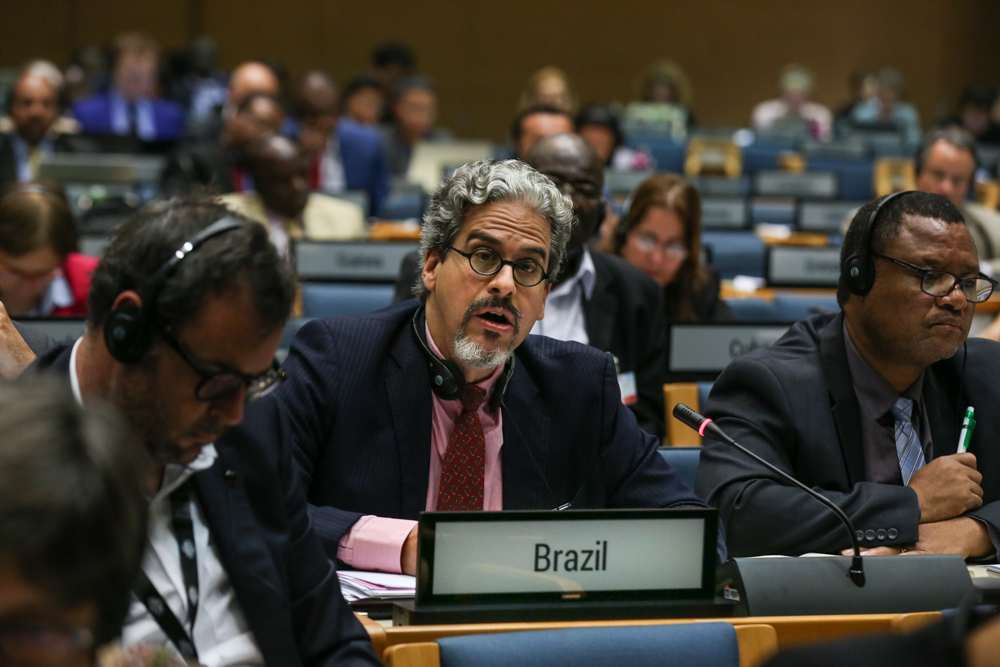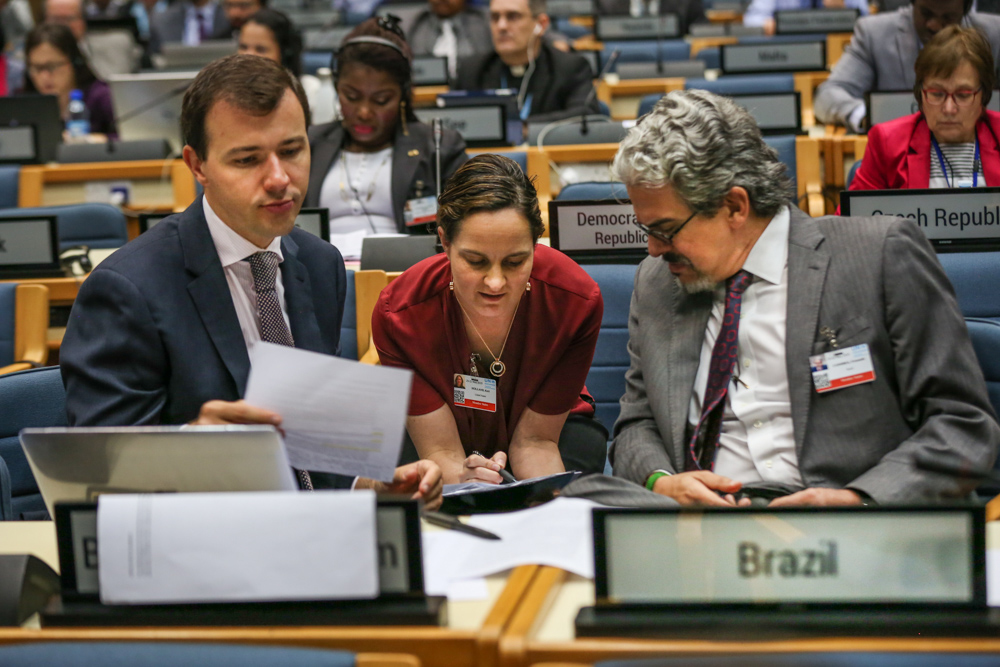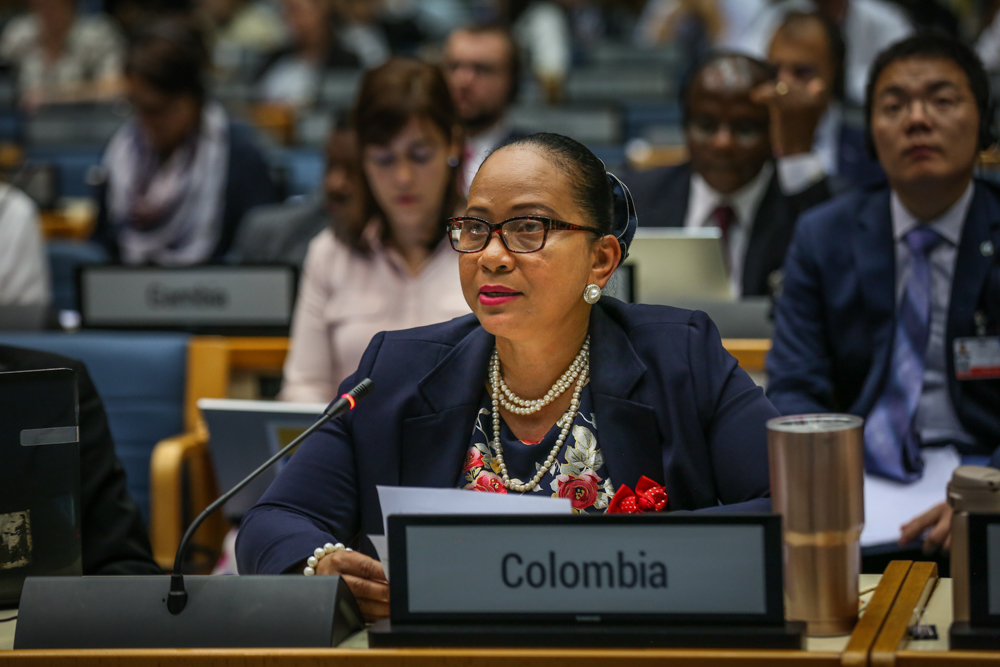From 20 to 22 May 2019, States met in Nairobi for the third and last session of the Open Ended Working Group ‘Towards a Global Pact for the Environment’.
You can find more detailed articles on the first session and the second session in Nairobi.
In Nairobi, the Global Pact for the Environment has suffered a serious setback
Meeting for the third and last session of the working group from 20-22 May 2019 at the UN Environment headquarters in Nairobi, States were to decide on the possibility of adopting a Global Pact for the Environment for 2020-21.
Despite the good will of a majority of delegates, the recommendations adopted by the States were ultimately very disappointing. In clear retreat from the original proposal of the co-chairs, States have opted for a simple Political Declaration in 2022 in the context of the fiftieth anniversary of the Stockholm Conference.
These recommendations constitute:
- A setback on the date: 2022, and not 2020-2021;
- Above all, a setback in terms of ambition: a simple Declaration, the content of which remains vague, and not an international, legally binding treaty that enshrines the general principles of environmental law.
You can find here a summary of this third and last session.
A temporary failure that calls for a global surge
Part of the explanation for this failure lies in the so-called “consensus” method, which allows a small minority of countries (in this case, especially the United States, Brazil and Russia) to block an initiative that is desired by a majority of States. It should be remembered that it was a very large majority of States that adopted the Resolution of the UN General Assembly on 10 May 2018 to initiate the Nairobi negotiations: 143 states in favour / 5 states against.
The adoption of a Global Pact for the Environment is still possible. By analogy, in 2009, the failure of Copenhagen sent out a shockwave and paved the way for the adoption of the Paris Agreement in 2015.
For this to happen, it is necessary to launch a mobilization campaign:
- States in favour of the Pact must be more committed to ensuring the success of the project;
- Civil society (NGOs, citizens, businesses, lawyers, scientists, local authorities, etc.) must put pressure on States to adopt an ambitious text in 2022.
We have three years to succeed: Target set for 2022!
We demand a binding environmental treaty from States!
Cover photo and photos by IISD/ENB | Natalia Mroz Find the photos of the third working session on the website of the l’IISD.

